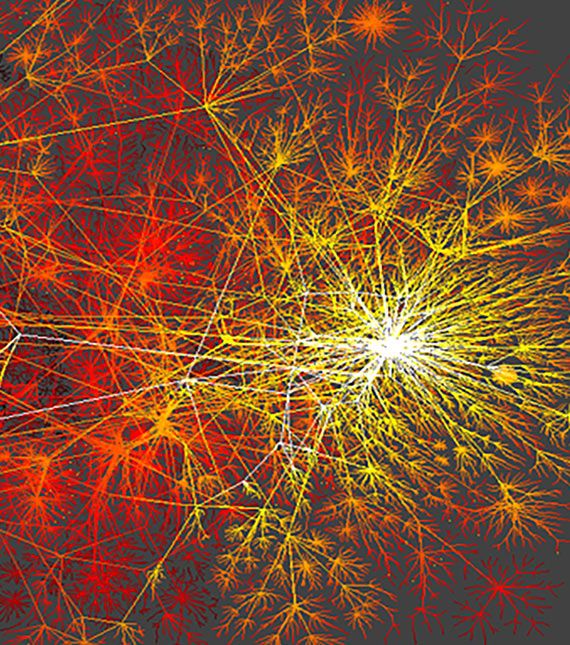Archives of Justice

Minding the historical gaps
Archives of Justice links people stories to historical processes and events
Archives of Justice: Minding the historical gaps is an invitation to understand the past from the perspective of the people who experienced it and are often left out of the narrative: Black, brown, Asian, Indigenous, colonized and migrant people, particularly those who identify as women, trans, non-binary and queer.
Starting by simply listening to people, Archives of Justice links their stories to historical processes and events, drawing connections between people, sites, geographies and human processes to help us better understand their contributions to and participation in important moments and processes in the contemporary history of our humanity.
Historians agree that there are gaps, silences, omissions and even lies in the official documents of the past.
These gaps disproportionately erase the political interventions and legacies of women, of Black , Indigenous and people of color, of immigrants, and of postcolonial subjects from the official narratives and archives of the nation.
We invite you then to mind these historical gaps by listening to the stories people entrusted us to share and by engaging with the archival material collections that inform and connect them to larger historical events and social movements in our modern history: civil wars, Queer Rights Movements, Global racial justices projects, African Diasporas and new patterns of Global South migrations to Europe and the United States.
These connections can be easily traced through our archival visualization. These links serve as an important reminder of how much we share and how much we are all part of a collective human story.
Learn more @ archivesofjustice.org
Archives of
Justice

Minding the historical gaps
Archives of Justice links people stories to historical processes and events
Archives of Justice: Minding the historical gaps is an invitation to understand the past from the perspective of the people who experienced it and are often left out of the narrative: Black, brown, Asian, Indigenous, colonized and migrant people, particularly those who identify as women, trans, non-binary and queer.
Starting by simply listening to people, Archives of Justice links their stories to historical processes and events, drawing connections between people, sites, geographies and human processes to help us better understand their contributions to and participation in important moments and processes in the contemporary history of our humanity.
Historians agree that there are gaps, silences, omissions and even lies in the official documents of the past.
These gaps disproportionately erase the political interventions and legacies of women, of Black , Indigenous and people of color, of immigrants, and of postcolonial subjects from the official narratives and archives of the nation.
We invite you then to mind these historical gaps by listening to the stories people entrusted us to share and by engaging with the archival material collections that inform and connect them to larger historical events and social movements in our modern history: civil wars, Queer Rights Movements, Global racial justices projects, African Diasporas and new patterns of Global South migrations to Europe and the United States.
These connections can be easily traced through our archival visualization. These links serve as an important reminder of how much we share and how much we are all part of a collective human story.
Learn more @ archivesofjustice.org
